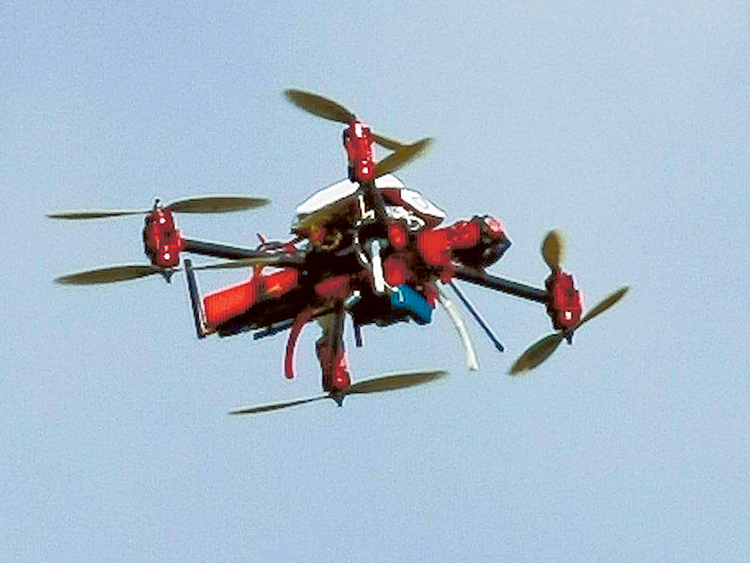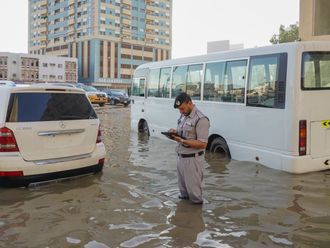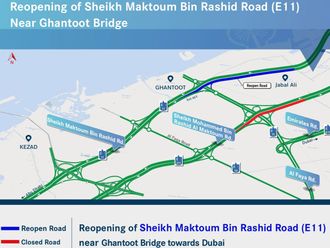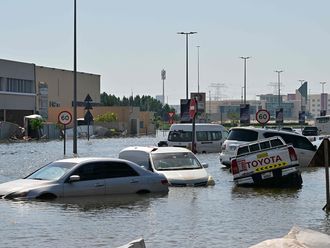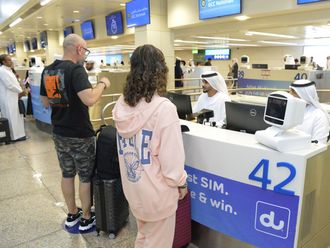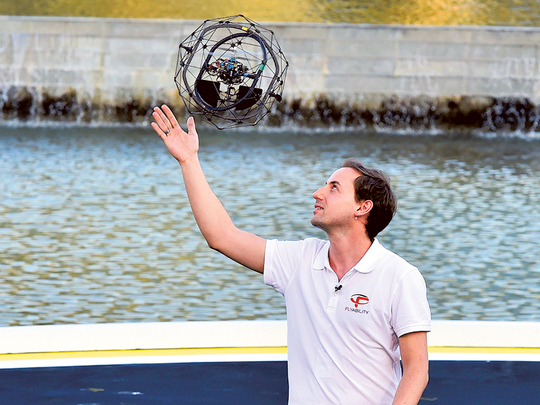
Dubai: The civilian and commercial drones industry is ready for take off in the UAE and transform Dubai into an important hub for drones over the next five years, a drone expert said.
Drones or unmanned aerial systems (UAS) have caught up well with the general public in the UAE for the good that they can do as a direct effect of the UAE Drones for Good Award that was launched by His Highness Shaikh Mohammad Bin Rashid Al Maktoum, Vice-President and Prime Minister of the UAE and Ruler of Dubai, in February last year.
Drone flights in the country are currently done in the UAE for collecting information and visuals, surveying land and collecting atmospheric data. Sheban Naim, managing director of Airspectiv Media, which makes custom-built drones, said the industry has a lot of potential to expand to benefit other fields including medical, search and rescue, and logistics.
“Over the next five to six years, Dubai is probably going to be the central hub for drones worldwide and the main reason for that is Dubai, as you obviously know, it’s a transportation hub,” Naim told Gulf News on the sidelines of the Drones for Good award ceremony on Saturday.
“Dubai has container ships daily in and out. It’s got the highest air traffic. So we have these beautiful transportation channels and drones can easily be deployed worldwide from Dubai within hours. All of that now, especially after Drones for Good, are really going to explode.”
Naim, with his 20 years of experience in building remote-controlled planes and five years with drone building and flights, said the drone industry in Dubai is still at an early stage. But it will progress further in the next few years given the green signal of Shaikh Mohammad to put drones to good use and benefit the general public.
Saturday’s final awards day saw drones servicing a number of fields. Wadi Drones won the national category. It can collect data from camera traps stationed across the Wadi Wurayah National Park. Other drones include the Sanad, which can help in beach rescue, the Automated Parking System, which can give motorists the ability to “park and go” and charge them per-minute parking, among others.
Some drones could also be deployed in time-critical rescue operations during fires, calamities, and earthquakes. They can also be deployed to look for missing persons from an aerial view with just one-tenth the cost of sending a helicopter to do the job.
Naim tested one drone to look for a “missing” friend in the desert and it spotted him within 12 minutes.
Naim said Dubai’s drone industry is ready to operate on a larger scale. Infrastructures and regulations have to be placed, however, and the public must be educated on the benefits of drone use and dangers of drone misuse.
Currently, only a dozen countries such as the UK, Japan, Germany, Switzerland, among others, have existing regulations on drone flights, according to a study ‘Game of Drones’ by Mirova in 2014. UAE regulations are in its final stages, according to Mohammad Al Gergawi, Minister of Cabinet Affairs.
Based on figures released by the UAE Drones for Good Award, the drone industry will have an economic impact of about $8 billion (Dh29.3 billion) to $10 billion by 2025. It can also create 100,000 jobs internationally.


